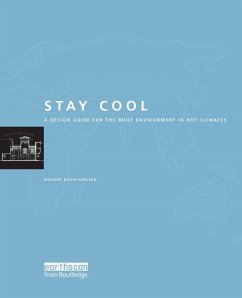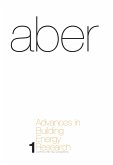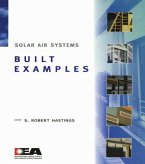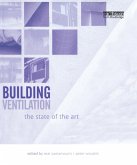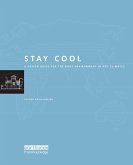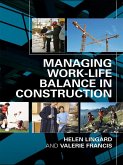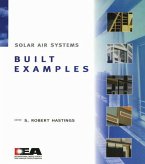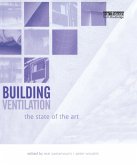Stay Cool is an essential guide for planning and design using active design principles and passive means to satisfy human comfort requirements specifically in these climate zones, based on examples of traditional and modern constructions. The book demonstrates how a design strategy for urban environments and individual buildings, incorporating naturally occurring resources and specific energy-efficient technologies, can create a location, form and structure that promote significant energy-savings. Such strategies can be applied to low cost housing, or indeed to any other buildings, in order to improve comfort with passive means and low energy budgets.
Following an outline of climatic issues, characteristics and thermal comfort requirements, the book details the available techniques and technologies that can be used to shape both built and external environments, the building envelope, material selections and natural ventilation and cooling methods to satisfy both human requirements and the need for energy efficiency. It also includes an active design checklist and summary of available design checking tools, a rehabilitation guide for existing urban, building and external environments, and solar charts.
Planners, architects, engineers, technicians and building designers will find Stay Cool an inspirational guide and an essential reference when working with planning and design of the built environment in hot dry and warm humid climate zones. It will also be of benefit to students, academics and researchers with an interest in sustainable and energy-efficient architecture techniques and practice.
Dieser Download kann aus rechtlichen Gründen nur mit Rechnungsadresse in A, B, BG, CY, CZ, D, DK, EW, E, FIN, F, GR, HR, H, IRL, I, LT, L, LR, M, NL, PL, P, R, S, SLO, SK ausgeliefert werden.

